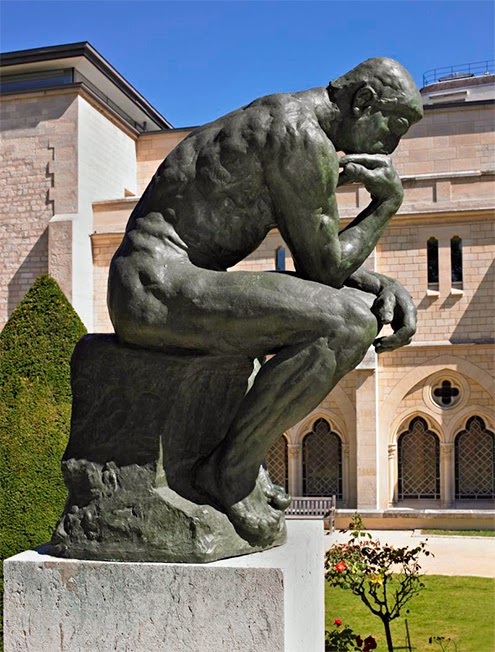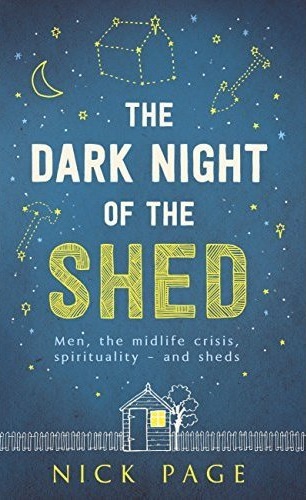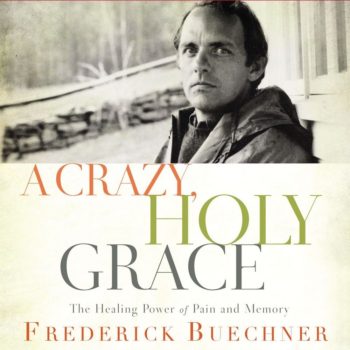ANXIETY:
a. 19 Natural Remedies for Anxiety. Cool fact — it takes about 21 minutes of exercise to reduce anxiety.
b. What’s the difference between anxiety and worry?
c. Bustle Magazine: “9 signs your anxiety might be making you paranoid.”
d. How to calm an anxious stomach.
DEPRESSION:
a. Conference presentation: Midlife depression and apathy can put you on the path towards early dementia.
b. The FDA is fast-tracking a new generation of fast-acting antidepressants.
c. Early-rising women are less likely to develop depression.
PTSD:
a. Parents of premature babies need more resources for dealing with PTSD.
SCHIZOPHRENIA:
a. Study: Talk therapy might not help with schizophrenia.
CHRISTIAN:
a. Desiring God: “Trusting God in Your Darkest Nights.”
b. The Gospel Coalition: “Why I thank God for my painful mid-life crisis.”
One of my favorite songs:








